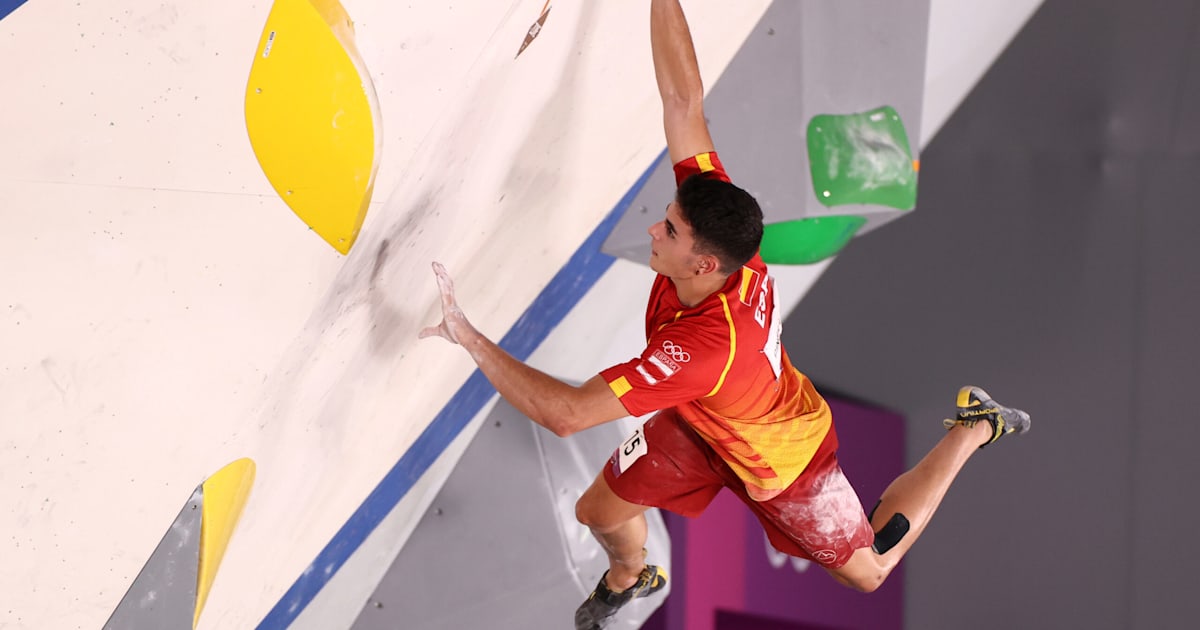
The Paris 2024 Summer Olympic Games appear to be the first of many things. Having the opening ceremony on the Seine River as opposed to an indoor stadium, maximising in-person viewership, the rise in sustainability initiatives, and having one of the largest luxury conglomerates so heavily involved in the aesthetics of the games. Alongside this, the games are also having something of an update. Since the 2020 Tokyo Olympic Games, new Olympic categories have been added including bouldering, skateboarding and “breaking” or breaking dancing to name a few. This begs the question, why were they included in the games in the first place and are they actually relevant to the Olympic games?

What Were The Games Really For?
To answer this, one needs to go back to the true origins of the Olympic games. The games were held once every four years approximately 3,000 years ago around 776 BC by the Peloponnese in Ancient Greece. The four-year interval between the Ancient Games editions was named an “Olympiad” and the sports contests were soon dubbed the “Olympic Games”. While the exact reasons for the games are unknown, it has been heavily implied that they were taken place to honour the Greek god Zeus however, there could be a bigger meaning to the mythology. As opposed to how the games are as we know them to be today, the games in ancient Greece were more akin to that of a pageant of strength and showmanship with sporting categories like running, jumping and throwing events plus boxing, wrestling, pankration and chariot racing.
Therefore, the winners, aside from victory and accolades, were also likely chosen to be warriors in battle as they were seen as the “strongest” amongst their peers with a God-like embodiment of athleticism. This is further evidenced by the Olympic’s official website which states “It is hard for us to exaggerate how important the Olympics were for the Greeks. The classic example is that when the Persians invaded Greece in the summer of 480 (BC), a lot of the Greek city states agreed that they would put together an allied army but they had a very hard time getting one together because so many people wanted to go to the Olympics. So, they actually had to delay putting the army together to defend the country against the Persians,” says Paul Christesen, Professor of Ancient Greek History at Dartmouth College, USA. This signifies the game’s profound influence on warfare and religion.
Read More: 8 Most Decorated Athletes Competing in the Paris 2024 Olympic Games
Boxing to Break Dancing?

So how did we go from boxing to break dancing? While the games have done away with chariot racing, similar equivalents remain today. Chariot racing morphed into equestrian, while pankration is now something like that of modern-day boxing. These sports both involve skill and have a level of pageantry as compared to something like breakdancing which while yes, involves skill, how does one objectively qualify and judge within the category? Therefore the thrill for us viewers comes not from the showcase of skill but rather the performance level of extreme sports. The four OQS sports (BMX freestyle, breaking, skateboarding, and sport climbing) all share the common characteristics, in being dynamic, fashionable street sports with extreme sports elements. These sports not only have high-standard competition but also bring the public an immersive Olympic experience that merges sport, art, music and culture to create excitement in the community.

A New Demographic
It is also worth noting that the sporting categories within the Olympic Games reflect the context of an era. According to the Olympics’ official website, the games often reveal, and sometimes anticipate, the aspirations of society. In the last few decades, the International Olympic Committee (IOC) has been particularly interested in rejuvenating the Olympic programme and rethinking how competitions and audiences meet the interests of the youth of its time. One could argue that in order to appeal to younger audiences and to keep the Olympic flame alive for generations to come, it is crucial that the IOC adapt to meet the interests of younger audiences by opening the door to more sports and encouraging the development of sports infrastructure. Simply put, think about the present-day relevance of the following two sports — when was the last time you threw a javelin and when was the last time you wanted to try bouldering?

“And now the OQS (Olympic Qualifier Series), as a multi-sport event of the International Olympic Committee (IOC), is expected to attract wider attention, and to stimulate the interest in these four sports among more people, particularly young ones,” said Liu, who is also a vice-president of the International Association of Sports Economists.
Thrill Over Skill

While it can be argued that the games are deviating from their historical origins, the inclusion of urban sports is an indication of their development, to adapt to changing audiences. The popularity of urban sports has grown rapidly since the 60s and 70s. Going from underground to mainstream, these sports not only require a fair amount of skill but also are significantly influential in cultural settings and have amassed large television and online viewership, particularly among the Millennials and Gen-Zers. This year the urban sports competitions are set to be held in the Concorde Urban Park, along with entertainment, concerts, and exhibitions. These events happen concurrently to attract younger audiences as it is marketed as a multi-dimensional experience.

With this comes an elevated and interactive experience and maximises public participation by taking guests out of traditional venues to more urban settings. This creates a more inclusionary atmosphere and a sense of community. The urban park concept has already proved to be popular with the public as ticket sales show. On the first day of the second phase of sales, tickets in all categories for BMX freestyle and breaking were no longer available after less than two hours. The success of these “urban sports” no doubt is particularly filled by not only their performative nature (tricks and stunts) but also due to the adrenaline-pumping, high-stakes nature of the sport. Skateboarding is dangerous and there is an entire demographic of viewers who appreciate a good move as much as a good fall.
For more on the latest in culture and event reads, click here.







